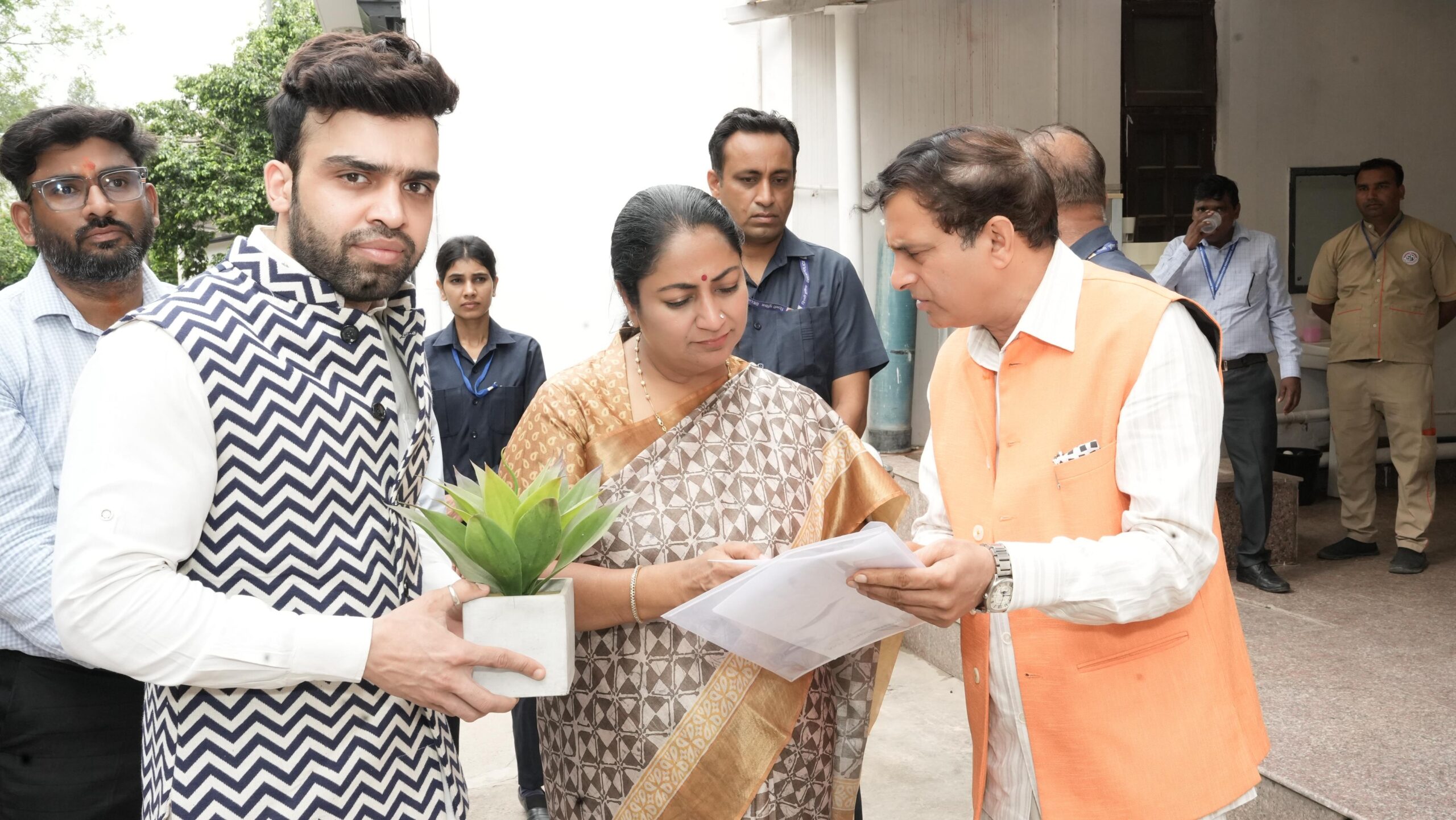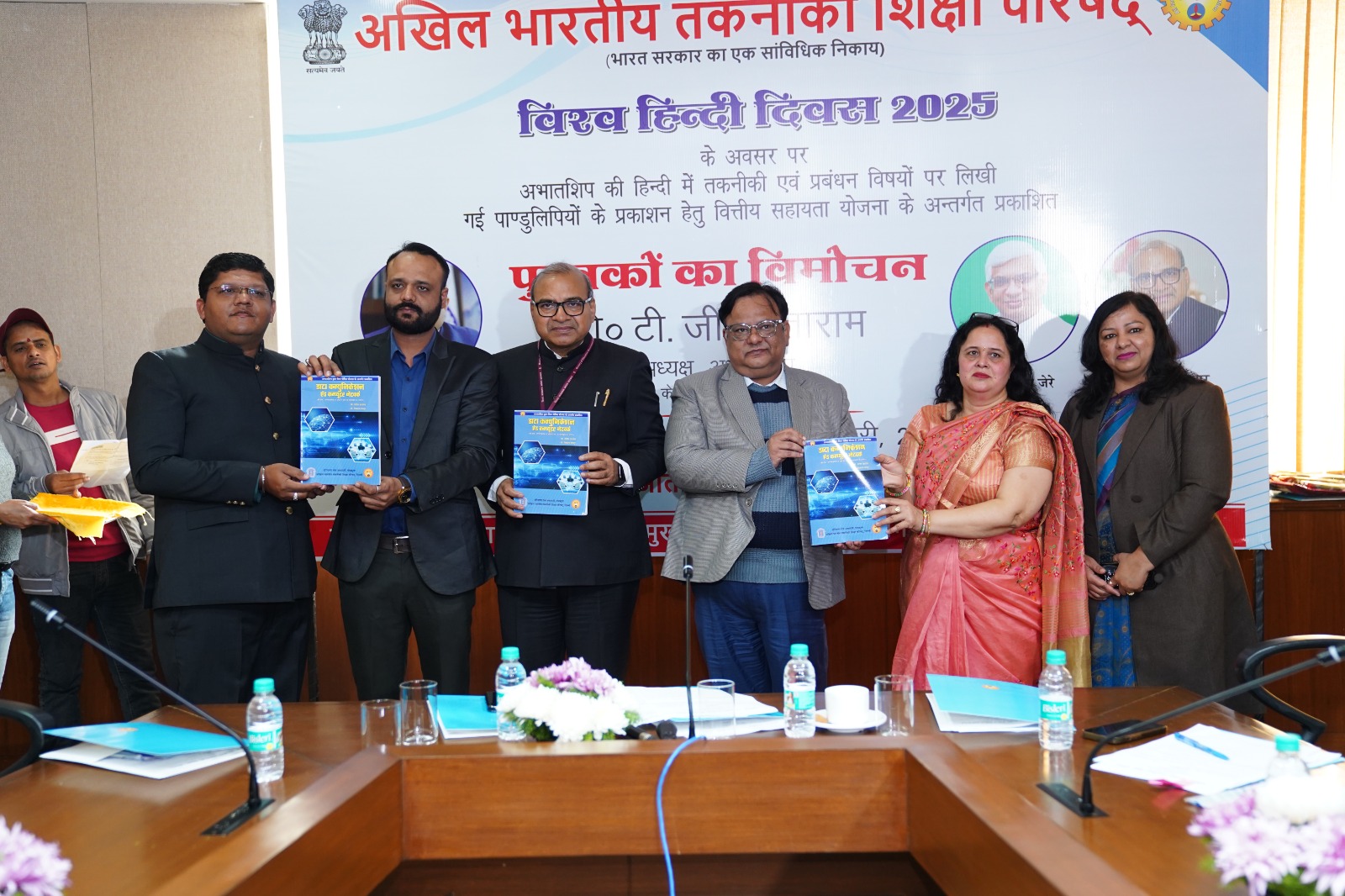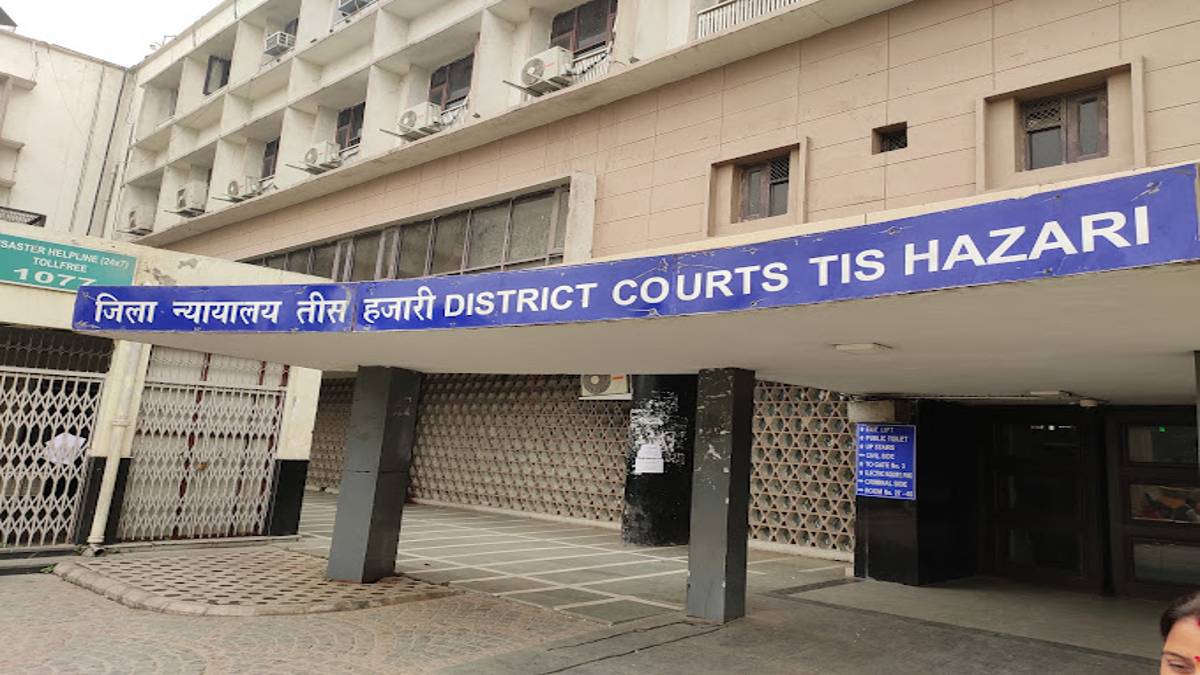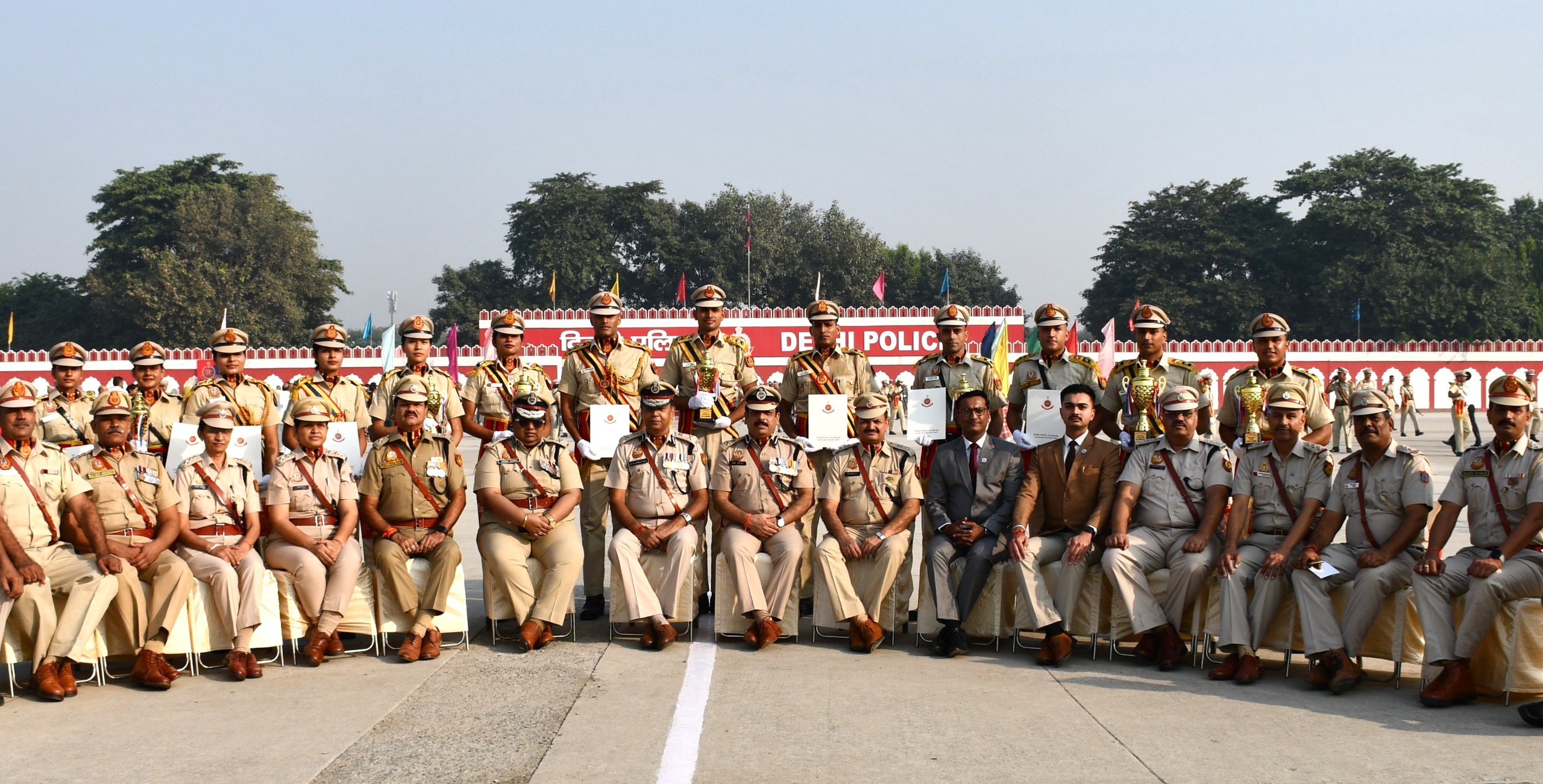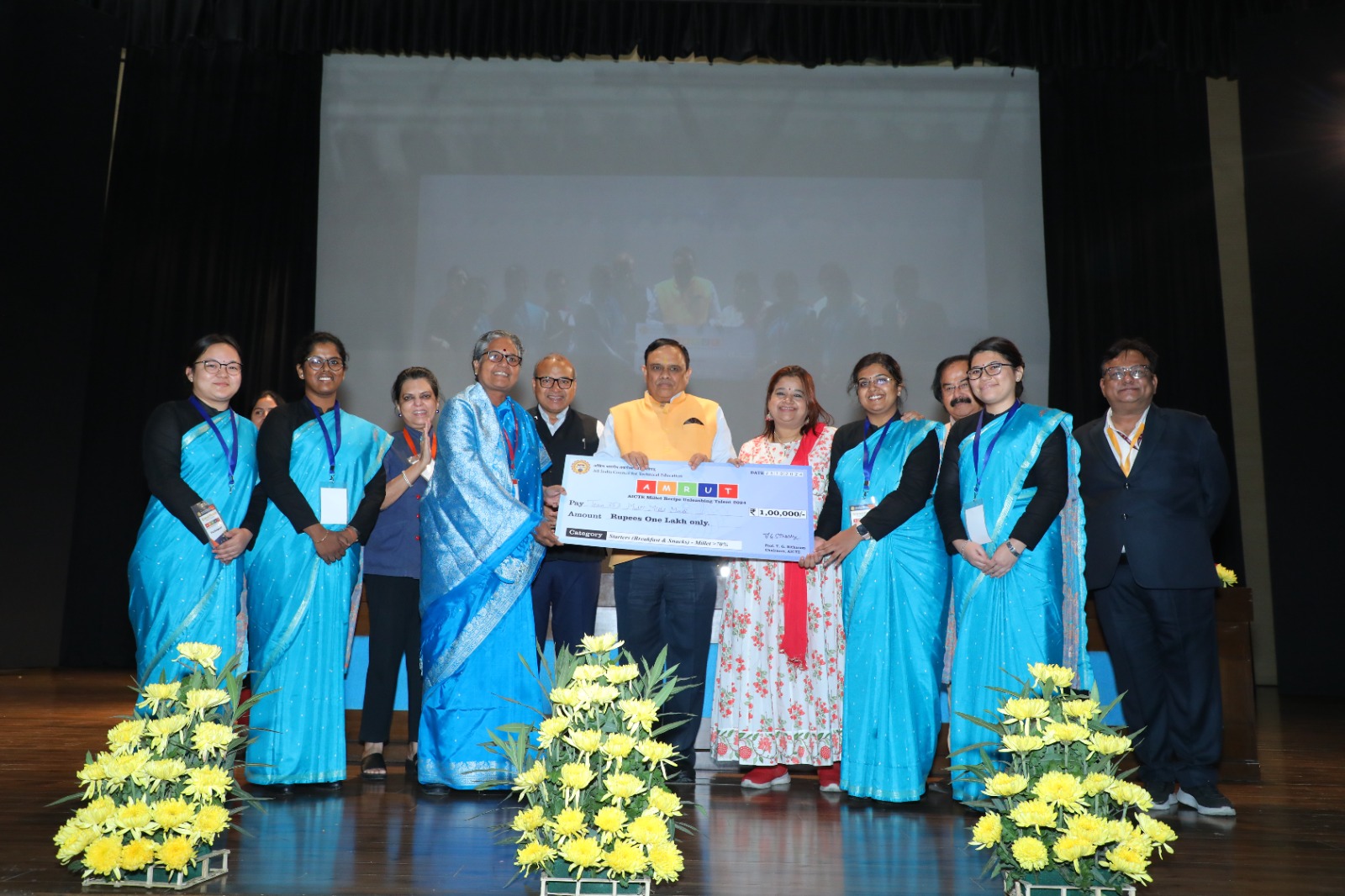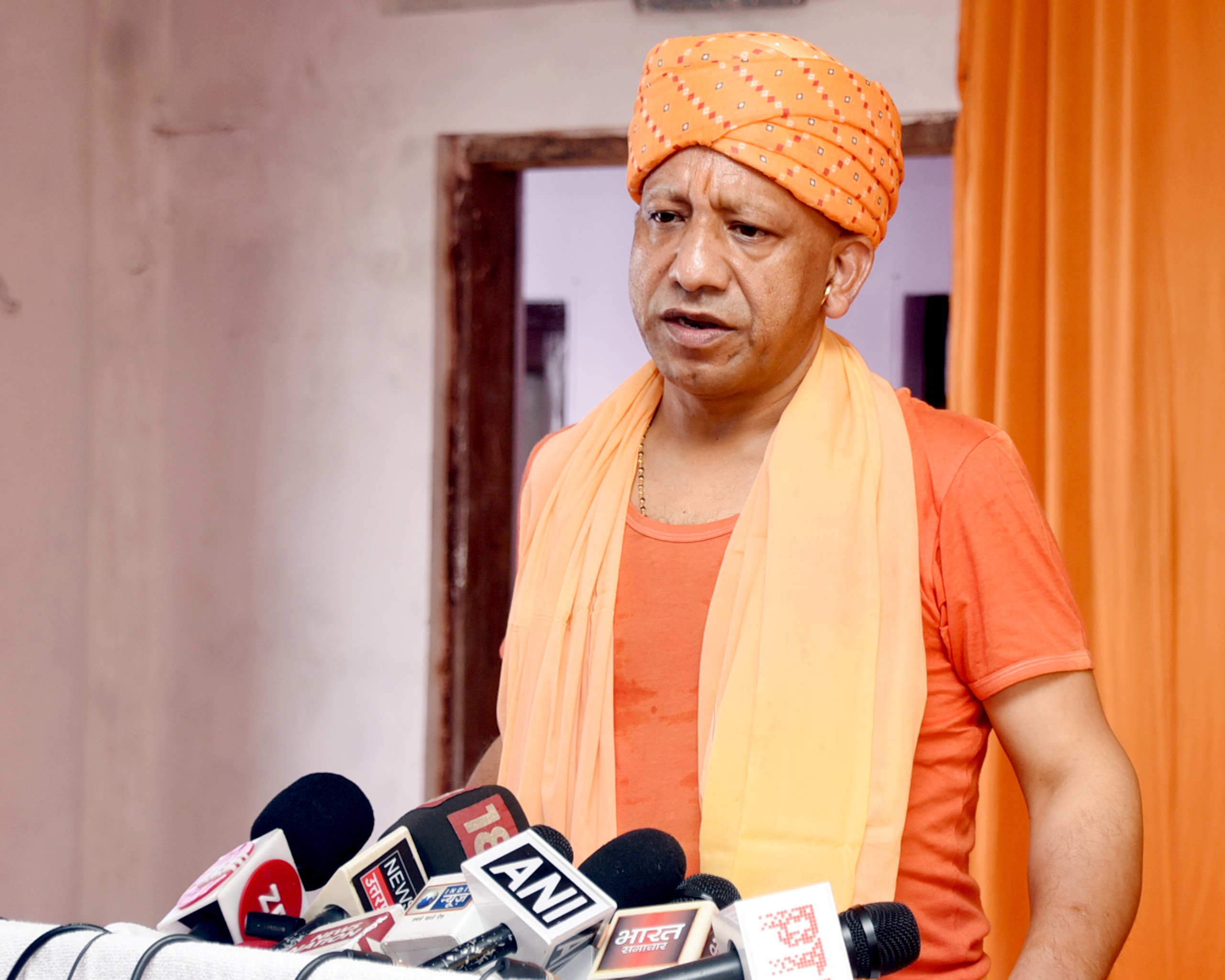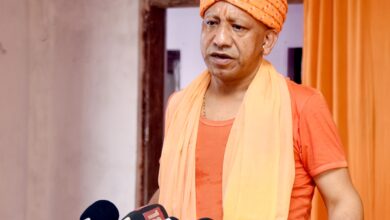
New Delhi:Omega Seiki Private Limited, launched India’s first smart electric cargo 3-wheelers- Singha and Singha Max with the loading capacity of 500 Kg. The vehicles Singha and Singha Max are priced at INR 3.5 lakhs and INR 3.6 lakhs respectively.
Singha and Singha Max product design has been finalized after in-depth engineering analysis to attain a sleek contemporary style cabin and cargo box. Several parameters were considered to achieve an ergonomically designed vehicle, intended to maximize safety and also productivity by reducing operator fatigue and ergonomic car seat design to reduce driver discomfort. Keeping in view Indian driving conditions, simulation software was used. Entire driving and vehicle handling experience can be felt using immersion reality tools. Body and chassis have been painted with the cathodic electro-deposition method for long term durability. Following Prime Minister’s vision of Make in India, Omega Seiki has developed and manufactured its products 99% locally.
On launching the smart EV, Dr. Deb Mukherji, Managing Director, Omega Seiki Private Limited, said “India is the 4th largest auto market in the world aiming to reach USD 215 bn by 2020. This target needs sustainable mobility solutions and an ecosystem that is environment & cost-friendly. As the Indian auto market is aiming towards E- powertrain future we are here with eco-friendly mobility solutions offering 0.5 / Km low cost running- the best option for SMEs and startups. The project has been conceived with Make in India and Build in India objectives in mind completely. All the components of the vehicles are manufactured & sourced in India except for Li-ion battery cells. We are aiming for 100% local manufacturing once the Government’s FAME II policy is implemented in India”.
The Singha & Singha Max will cater primarily to the B2B segment. The introduction of the vehicles will usher a whole new concept in emission-free cargo transportation and people movement. Going forward, the cargo vehicle will provide a much-needed impetus to companies in the B2B and e-commerce segments. Speaking on why B2B segment will be the first to adopt this technology, Dr. Deb Mukherji said, “Push towards B2B adoption of electric vehicles is driven by several factors, which include productivity and economic gain. In India, productivity gain is massive as EVs can help overcome several inefficiencies in last-mile delivery, especially on fuel, the overall acquisition cost of asset and most importantly safety.”
Smart EV vehicles Singha and Singha Max are powered by swappable Li-ion battery, with a 100 km range on a single charge having a capacity of 500kg cargo. With Li-ion 48 v battery and max torque of 80 NM, Singha & Singha Max offer 45 Kmph and 60 Kmph of top speed respectively. The instrument cluster of Singha is embedded with an App to capture data through telematics and cloud computing on vehicle positioning, running and mileage data, best route tracking etc.
The Auto industry has participated in moving to a new emission standard next year and has repeatedly urged the government to present a strong road-map for EV vehicles, before they decide to move to cleaner and greener vehicles permanently. One main motive for the government’s push toward electrification of vehicles is pollution. The country is burning coal to provide cheap electricity to its 1.3 billion people and is home to seven of the world’s 10 most-polluted cities. Omega Seiki is totally committed to issues such as reducing our carbon footprint and dependence on fossil fuels. Commenting on the context Dr. Deb Mukherji said, “Bringing clean technologies for mass adoption is our main objective on this project and as a Company, we believe in bringing technologies that benefit our customers and the country.”
In order to assist buyers, the company is lining up financial partners. The company will have a pan India presence with sales, distribution and after sales network across the country.
